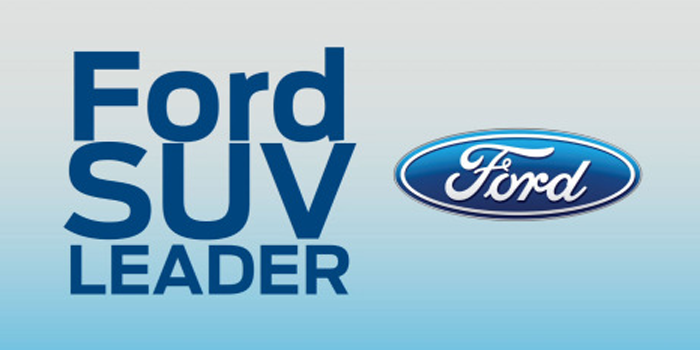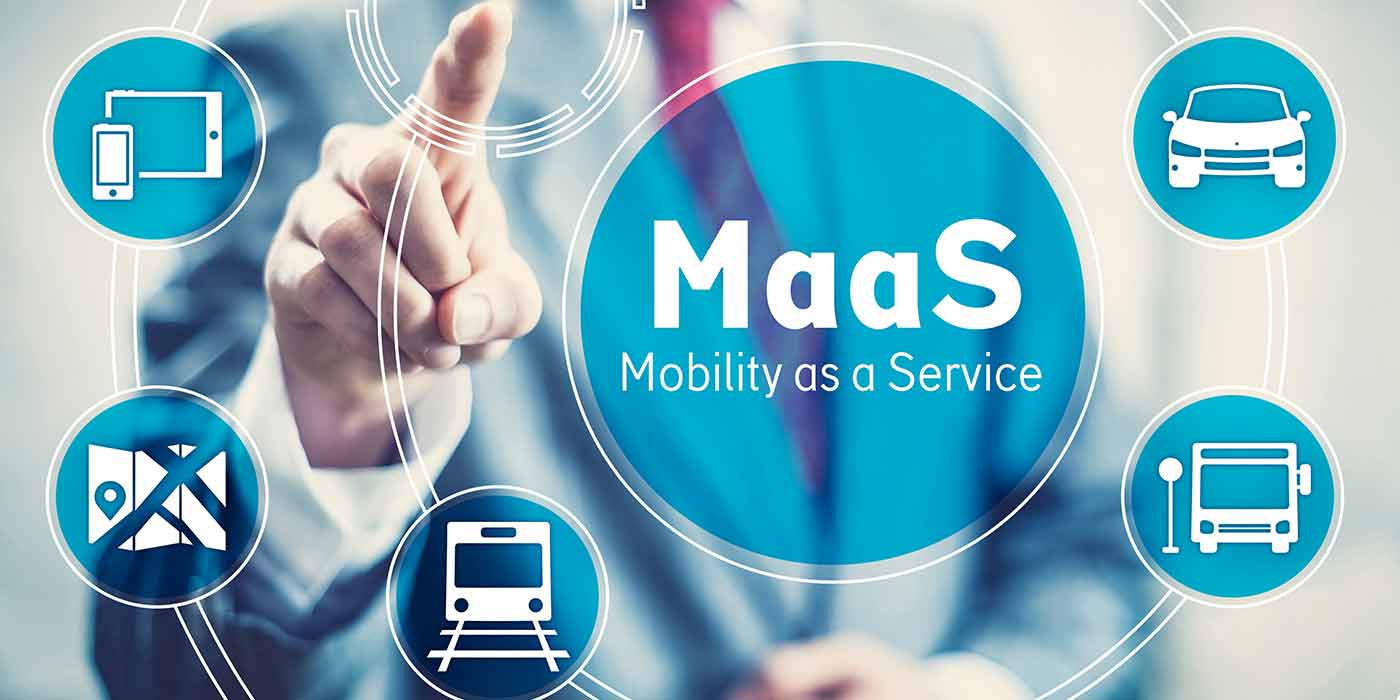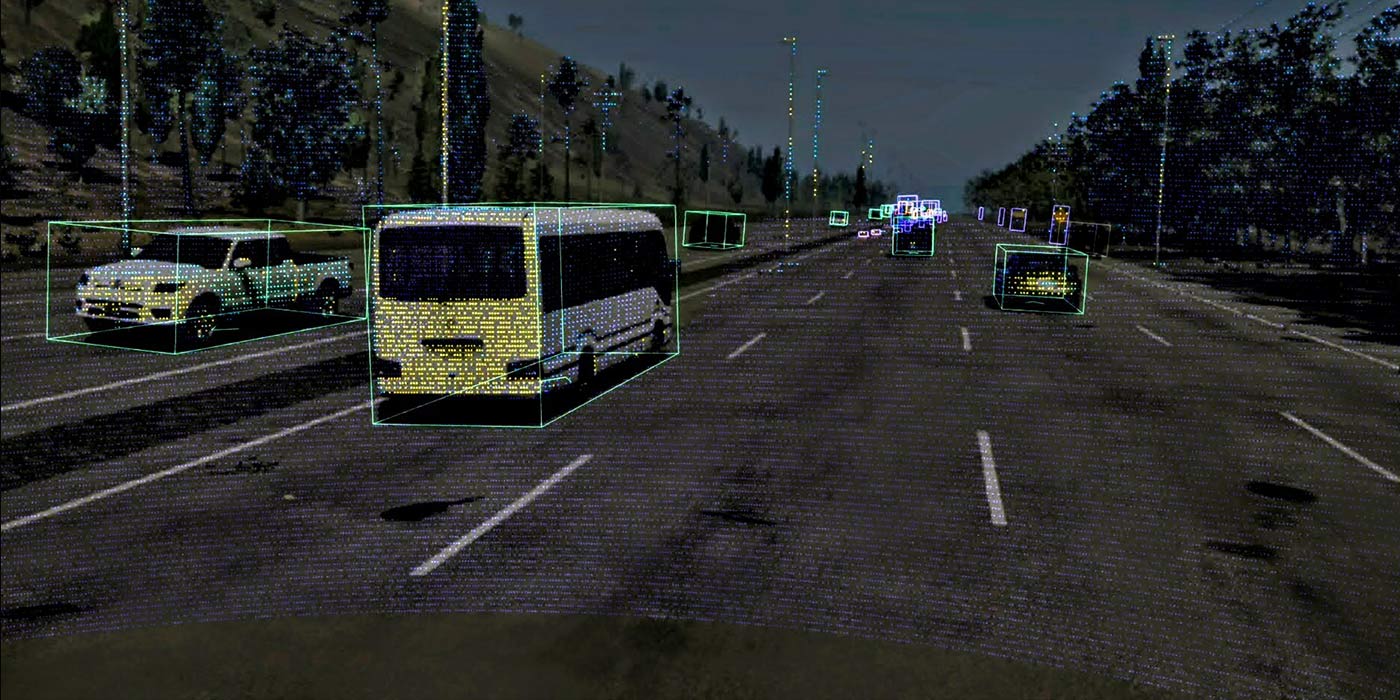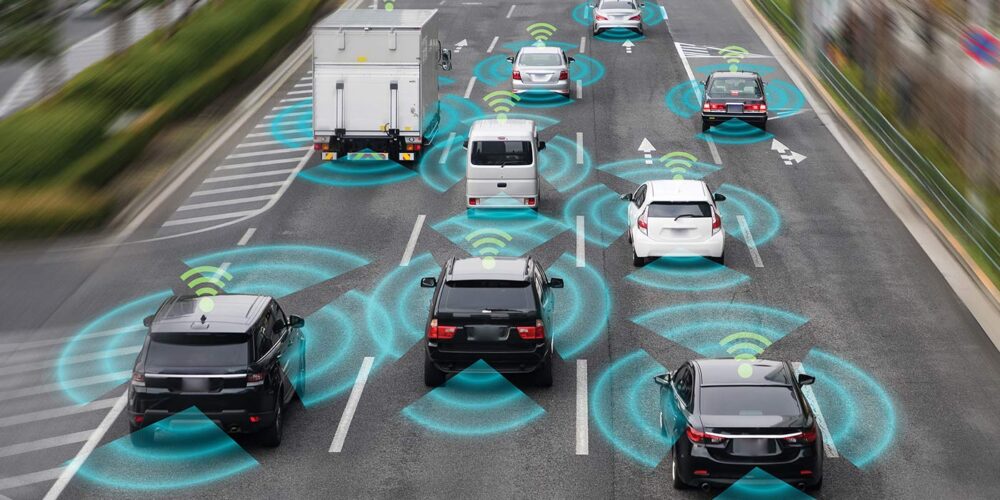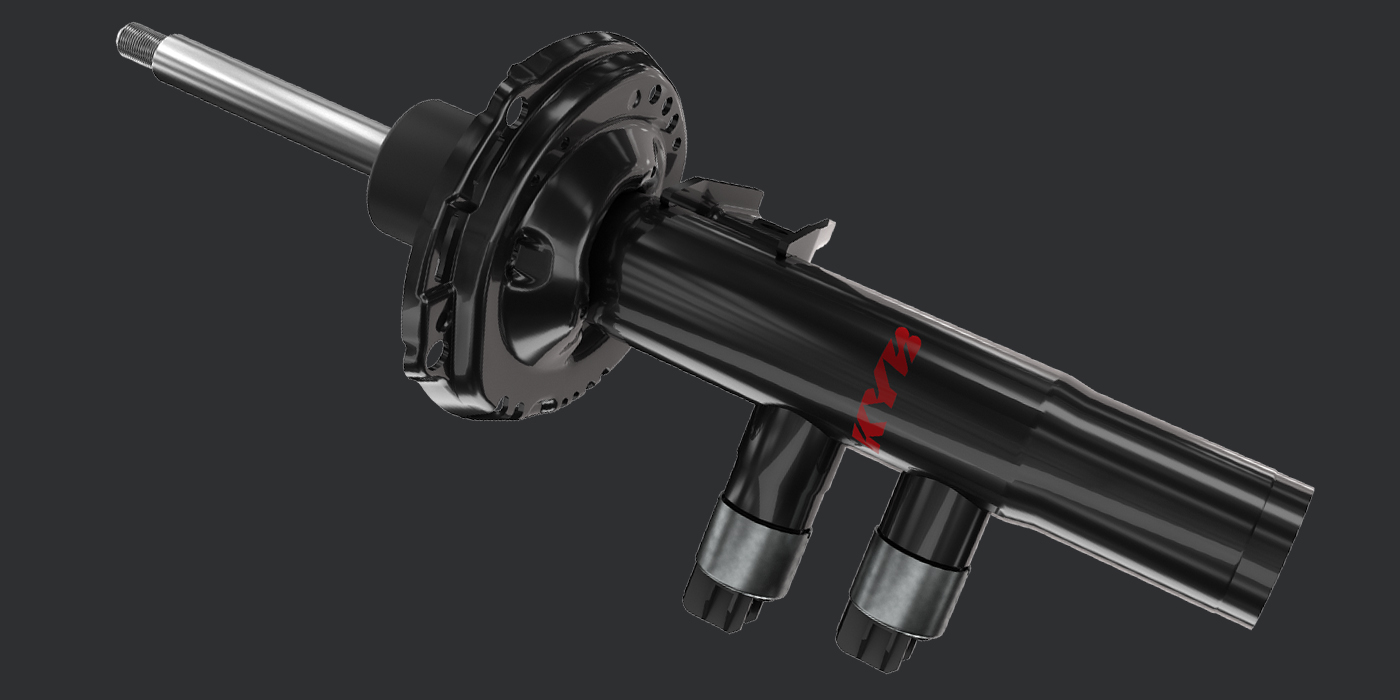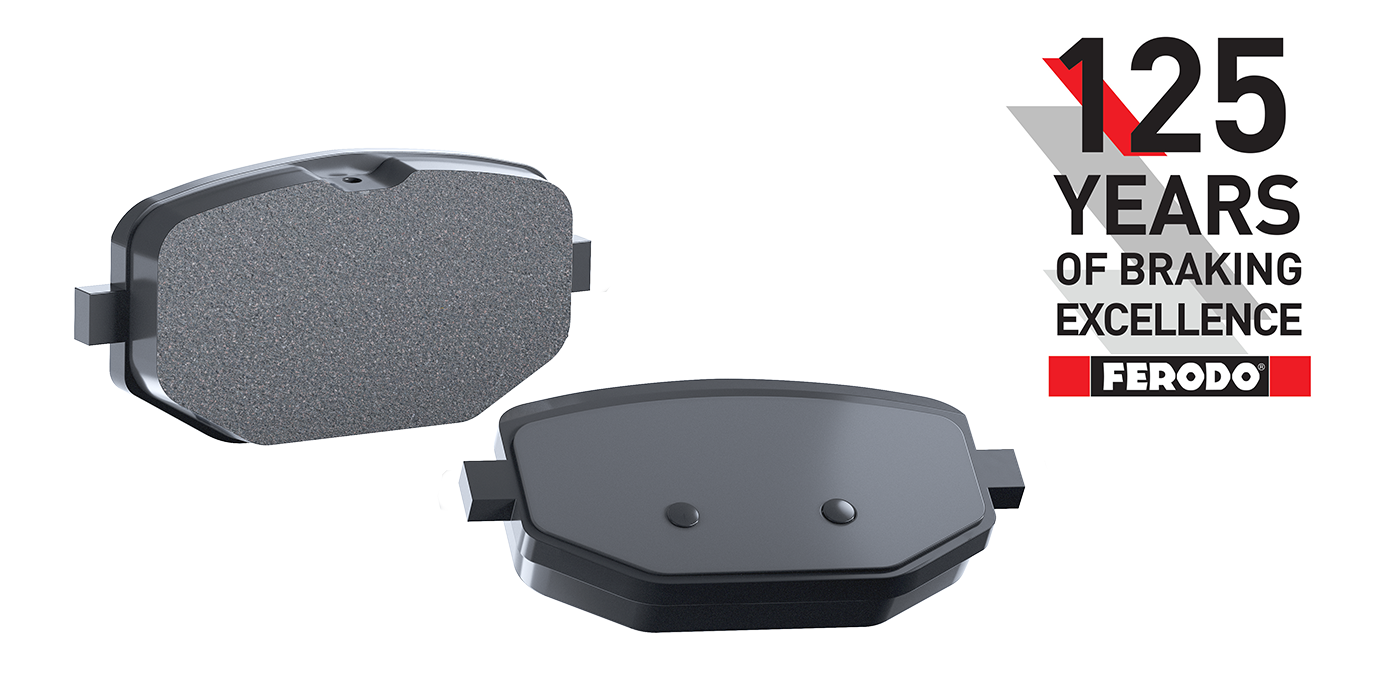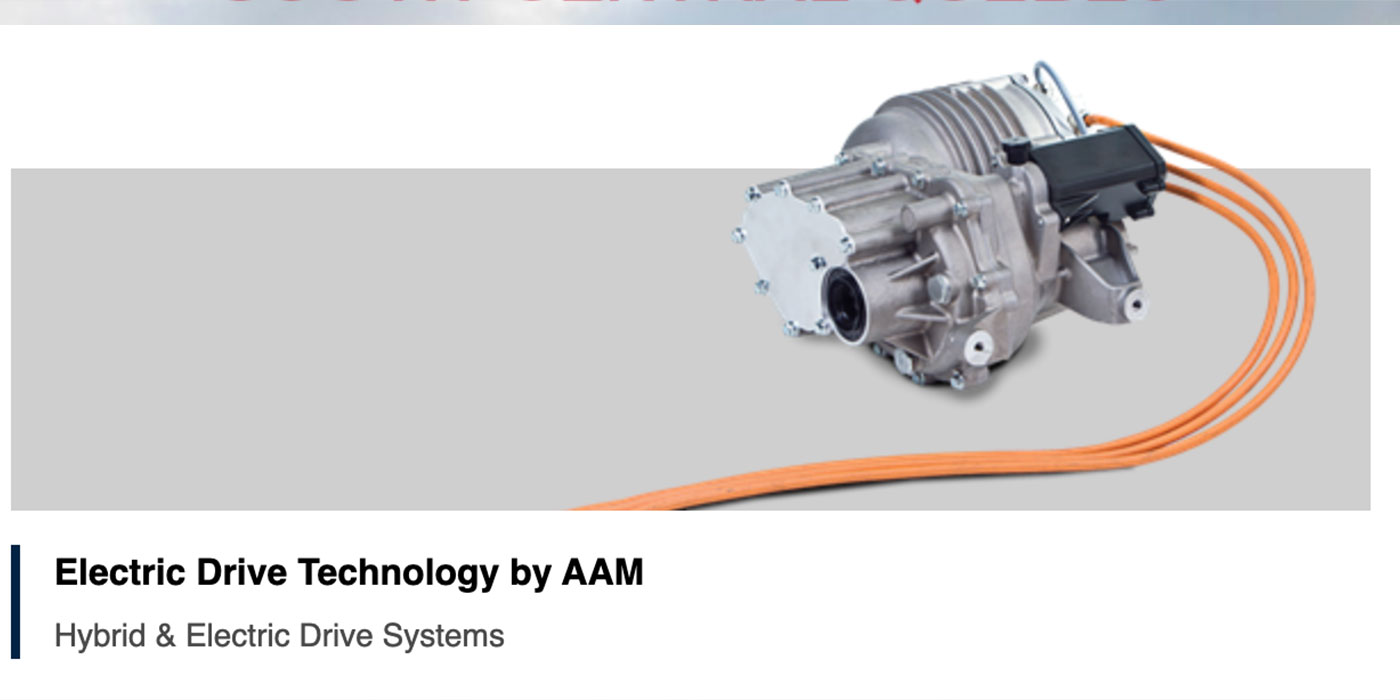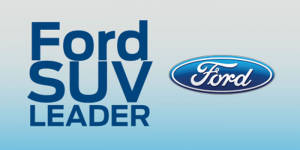
Growth in SUV sales is expected to continue – not only in the United States, but around the world, as evidenced by a recent study by JATO where SUVs were noted as the best-selling segment in Europe for the first time. This is why Ford says it is adding four new SUVs in the next four years – all four in SUV segments in which the company does not currently compete.
“As members of the 80-million-strong millennial age group enter their prime child-rearing years, a leading indicator of more SUV sales, nearly 80 million aging Baby Boomers continue to prefer their SUVs,” said Mark LaNeve, Ford Motor Co.’s vice president of marketing, sales and service. “It’s a demographic double whammy and it all points to one thing – more SUVs for the foreseeable future.”
LaNeve cited recent Ford research that shows once millennials begin thinking about starting a family, their interest in shopping for SUVs goes up significantly. And, as many have delayed starting families, these yet-to-form family households represent additional SUV growth opportunities for the company.
Yet millennials alone aren’t expected to drive SUV growth – aging baby boomers tend to stay with or return to SUVs, in part because it’s easier to get in and out of a vehicle that sits higher off the ground than a passenger car. LaNeve also noted that many boomers feel younger and more active driving an SUV, according to Ford’s research.
While low gas prices have contributed to the growth in SUVs in recent years, much improved fuel efficiency in the latest generation of utility vehicles leads Ford to believe a potential rise in gas prices wouldn’t push consumers back to passenger cars.
“Some SUVs now rival the fuel efficiency of V6-powered midsize sedans from only a few years ago,” said LaNeve, “and, as baby boomers grew up with much less capable, much less efficient vehicles, they tend to appreciate the efficiency of Ford’s newest SUVs.” Even if gas prices go up, he added, refueling costs for owners of modern SUVs will be much less than they were during the last SUV boom.

